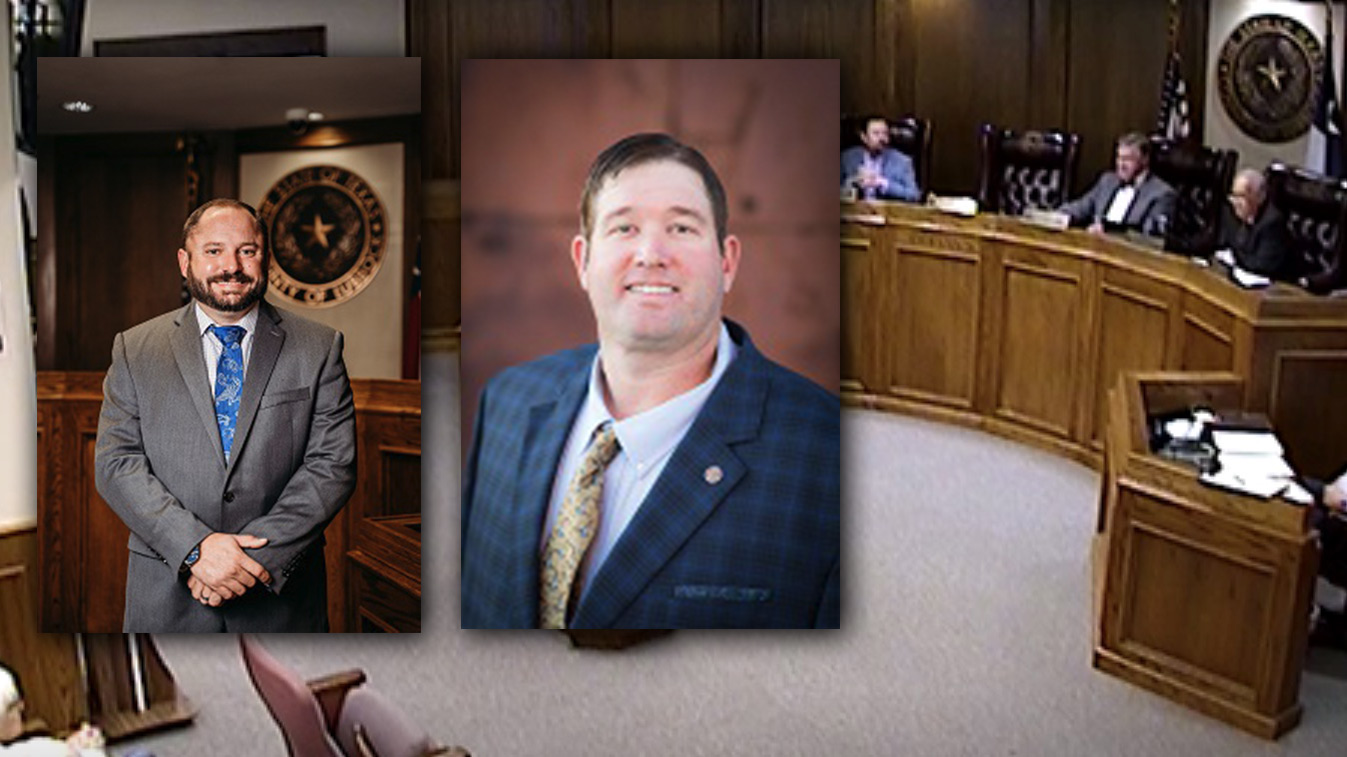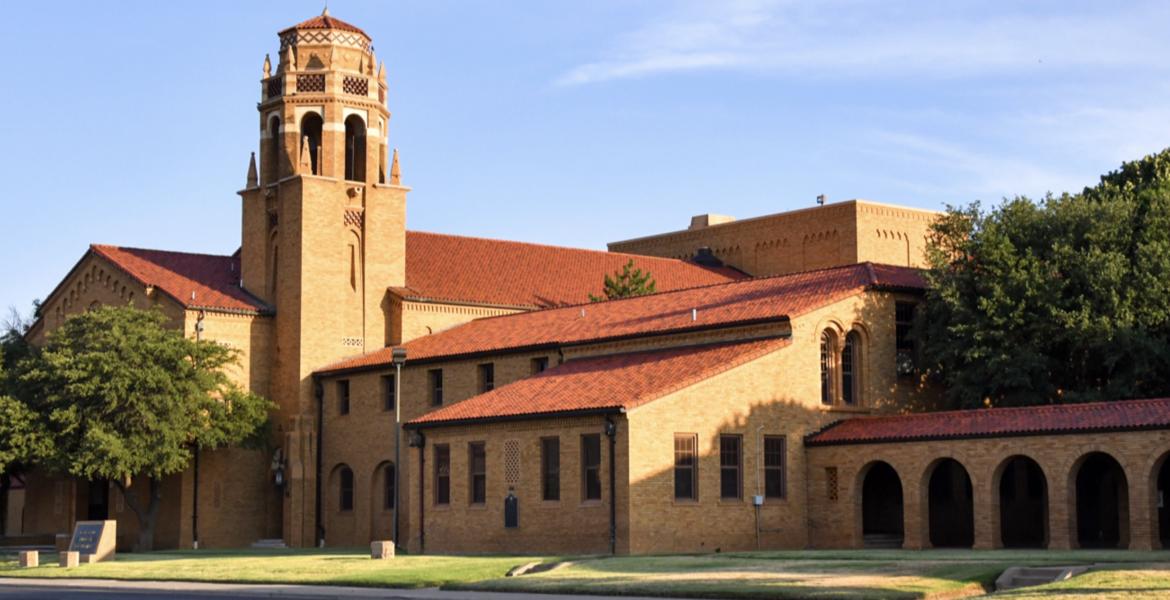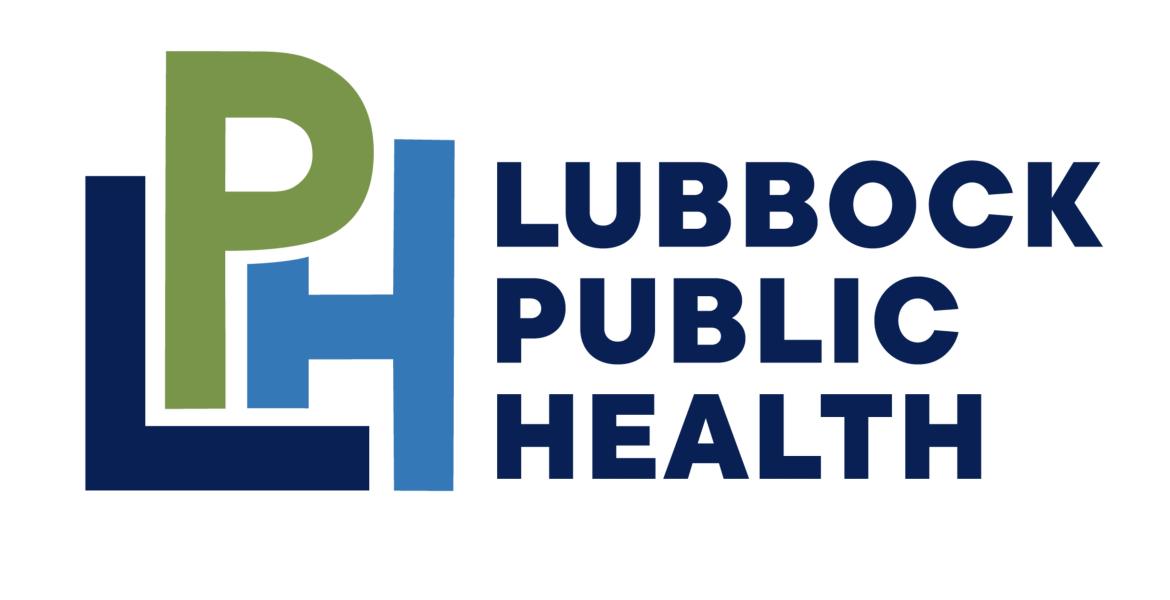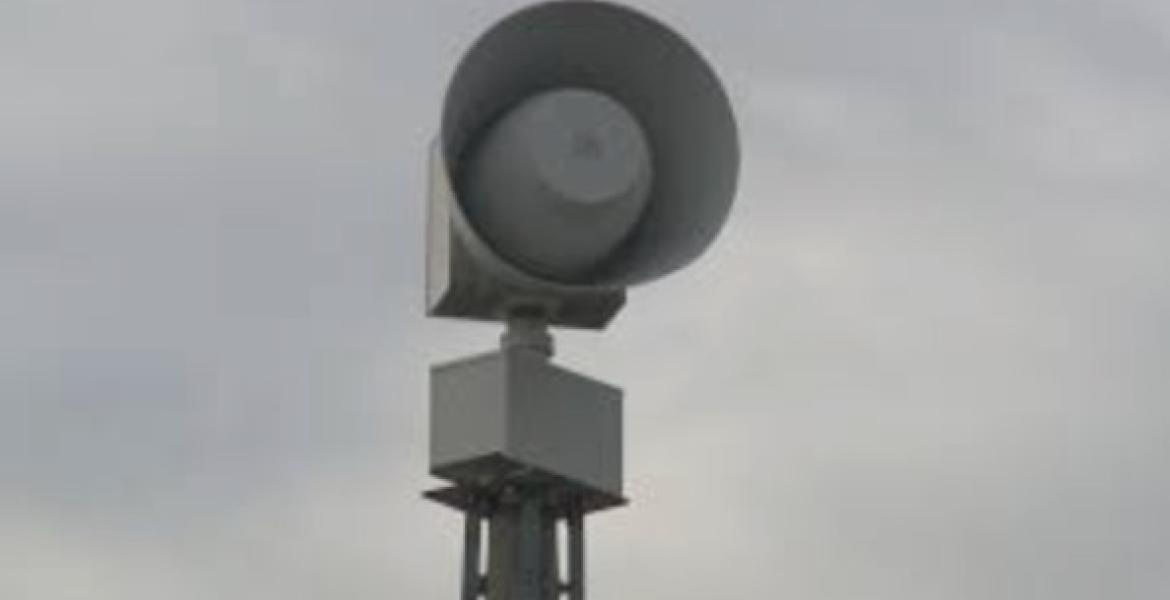LUBBOCK, TX — Lubbock County will not raise taxes on Oct. 1 as the fiscal year 2025 budget goes into effect. Although County Judge Curtis Parrish proposed a slight tax increase, two of the four county commissioners opposed the plan, forcing the county to adopt a budget that aligns with the "No New Revenue Rate" (NNRR), which maintains the same property tax revenue on existing properties as last year.
Precinct 2 Commissioner Jason Corley and Precinct 4 Commissioner Jordan Rackler skipped recent commissioners' court meetings, preventing a quorum needed to raise the tax rate above the NNRR.
In an interview with us, Corley discussed the county's budget and tax rates, explaining why he and Rackler missed the last two budget meetings to prevent Judge Parrish and two other commissioners from raising taxes.
For Texas counties, Sept. 30 is the deadline to pass a tax rate. If the county fails to do so, the tax rate defaults to the NNRR. At the Sept. 23 Lubbock County Commissioners’ Court meeting, with Corley and Rackler absent, the court was forced to adopt a budget assuming no new revenue. Without a quorum, the court could not set a higher tax rate and the clock ran out. The next commissioners' court meeting is Oct. 14, 15 days after the deadline.
“The no-new-revenue rate allows the county to collect the same amount of tax revenue from existing properties, based on current values," Corley said. "Since Lubbock County is growing, this rate tends to be lower but still generates additional revenue from new properties added to the tax rolls.”
New taxable properties are not included in NNRR calculations, meaning that even at the NNRR, the county will collect more total revenue due to new properties added to the FY 2025 valuations provided by the Lubbock Central Appraisal District.
Judge Parrish proposed setting the tax rate at the higher Voter Approved Rate (VAR) of 0.358989 per $100 of property valuation, which is right at the level that will avoid an election to approve the rate.
Like all counties, school districts, and municipalities in Texas, Lubbock County faces limitations set by the Texas Legislature, which caps tax increases at a rate that generates 3.5% more revenue than the previous year’s revenue from existing properties. The rate that produces a 3.5% increase is the VAR.
To exceed the VAR, the commissioners' court would need to place the tax rate on the ballot for voter approval. Lubbock County did this in 2021, promising to use the extra revenue for public safety improvements, primarily for the sheriff's office and the jail. The ballot referendum in 2021 was an exception to the rule; few local governments want to ask voters to approve property tax increases.
Commissioner Corley opposes this tax increase. Last year’s rate was 0.347507, and the NNRR is 0.334702. Because Corley does not want to raise taxes, he and Rackler have been absent from recent court meetings, denying the judge the supermajority required to set the FY 2025 tax rate.
Of the five officials on the court, Judge Parrish has support from Precinct 1 Commissioner Terence Kovar and Precinct 3 Commissioner Gilbert A. Flores.
Corley noted that this year’s proposed budget reflects an $8 million revenue increase, putting the total at about $162 million. At the Sept. 23 meeting, Judge Parrish said sticking to the NNRR would deny the county $7.12 million in general fund revenue. Without a tax increase, he warned, the shortfall would affect next year’s FY 2026 budget. The two are in the same ballpark.
Parrish also said that because of the impasse, county employees will receive only a 3% pay raise, down from the 5% his original budget proposed. The Lubbock County Juvenile Justice Center volunteered for a $493,005 cut, with the promise of funding being delayed until the next fiscal year.
Other cuts mentioned at the Sept. 23 meeting included $2.1 million from IT, $1.9 million from the judicial department (despite a capital murder trial set for next year), and reductions to roads and bridges funding, bringing it down to 2019 levels. Commissioners often face backlash from voters when roads are in poor condition.
“These delays are going to come back to haunt us,” Judge Parrish said. “For example, the elevator replacement we delayed — we’re going to need to replace it. Road projects are delayed. When we pull money out of reserves or the fund balance, we’re just balancing the budget from a savings account. This year, it won’t catch up to us, but next year and in the next five years, it will. That elevator will come back to haunt us.”
Commissioner Corley said Rackler has also been pushing for more funding for road improvements, the sheriff’s office, the district attorney's office, and the court system.
However, their proposals haven’t gained traction with Judge Parrish or the other two commissioners, leading to the current standoff.
A major point of contention has been budget requests from the Lubbock County Sheriff’s Office. Corley said the sheriff’s budget has grown significantly over the years.
“In 2019, the department asked for more deputies to maintain a six-minute response time for emergencies,” Corley said. “But when I checked, response times had risen to around 12 minutes.”
Corley raised concerns about whether the department’s requests were justified.
Throughout the interview, Corley emphasized the need for clear communication and realistic goals when budgeting. He also criticized Judge Parrish’s political tactics, such as threatening cuts to essential services like volunteer fire departments to pressure the court into approving higher budgets.
Corley also opposed Parrish’s proposal to limit the use of county credit cards, calling the idea impractical. He argued that credit cards help expedite payments to contractors, which can reduce costs and ensure better service for the community.
South Plains LIVE! reached out to Judge Parrish for comment but received no response.
As the fiscal year begins Oct. 1, Commissioner Corley and Commissioner Rackler remain focused on what they call responsible spending, insisting taxpayer money should be used wisely.
The new budget was adopted without Corley or Rackler present. However, the tax rate needed to pay for the judge’s proposed increases cannot be adopted due to their absence, forcing Judge Parrish to make cuts and use the county’s reserves to cover revenue shortfalls for FY 2025.
In the end, Lubbock County property taxpayers will not see a tax increase this year.
“It’s crucial for residents to understand how their tax dollars are being used and to ensure transparency in local government,” Corley said.
Where the county was successful in not raising taxes this year, the City of Lubbock failed. Mayor Mark McBrayer argued at council for a revised budget that would not increase taxes. He gained one ally on council in District 3 Councilman David Glasheen. Three other councilmen who are otherwise considered conservatives, District 4 Councilman Brayden Rose, District 5 Councilwoman Dr. Jennifer Wilson, and District 6 Councilman Tim Collins, panned the mayor's proposed no-new-taxes budget with arguments similar to Judge Parrish. That is, If expenses aren't paid now, we will pay more later. A week later, we were told, Mayor McBrayer presented a multi-million dollar convention center project in executive session that will certainly require a tax increase.

Lubbock County Commissioners Jason Corley (Pct 2), left, and Jordan Rackler (Pct 4), right, boycotted Lubbock County Judge Curtis Parrish's county budget hearings denying the judge a supermajority needed to set the tax rate. Absent a vote on the rate, the FY 2025 county tax rate is set to the No New Revenue Rate of 0.334702, and is not considered a tax increase. Their photos are over a screenshot of the Sept 23, 2024 Lubbock County Commissioners' Court meeting where Corley's and Rackler's absence forced the judge to cut the budget and, by default, adopt the NNRR for FY 2025.
Subscribe to the LIVE! Daily
Required






Post a comment to this article here: